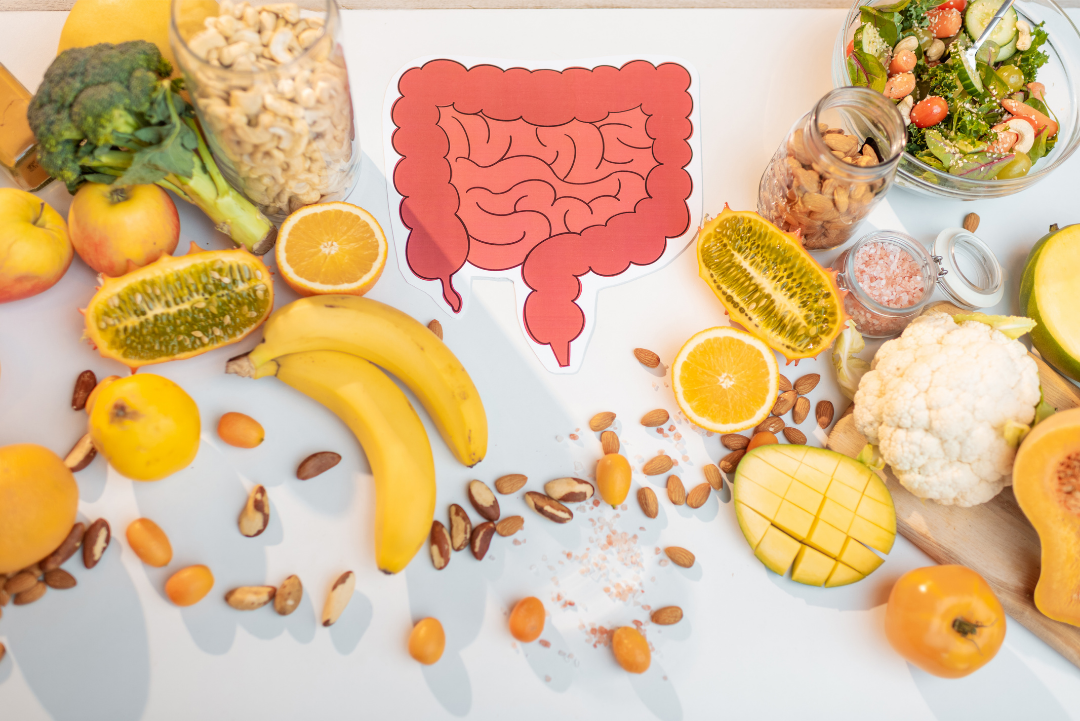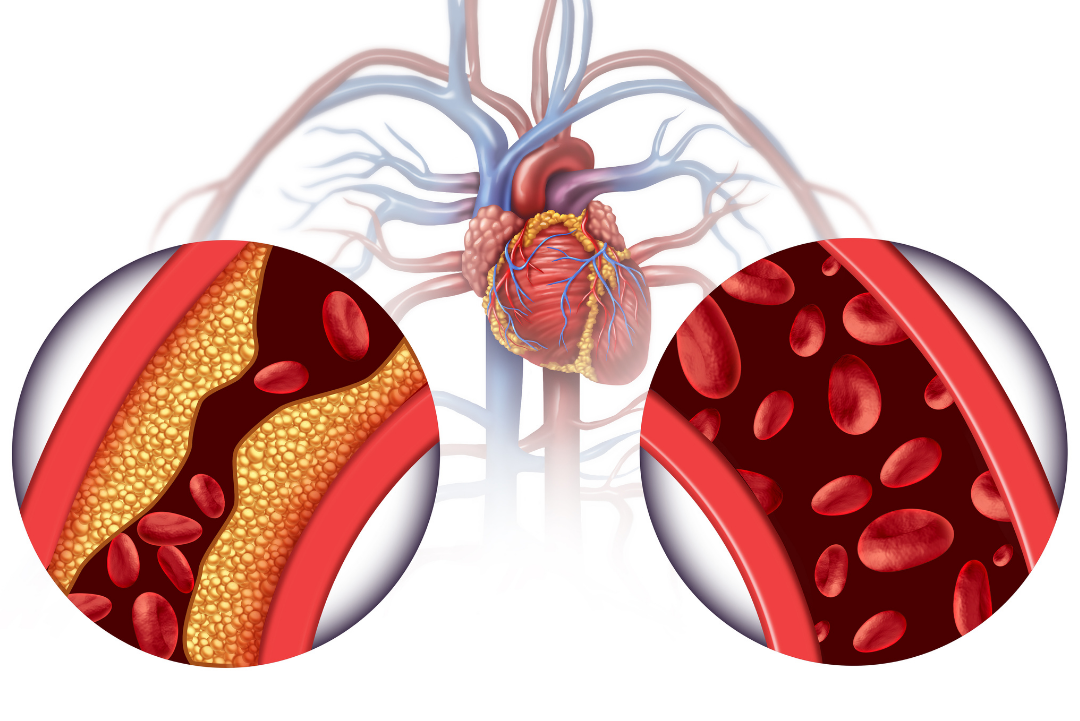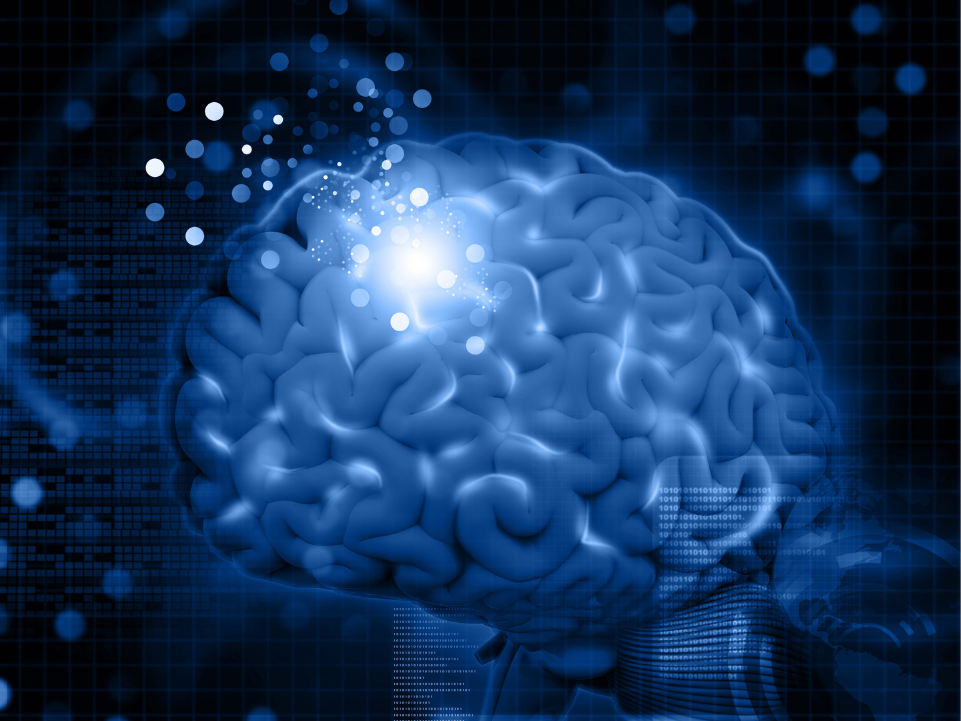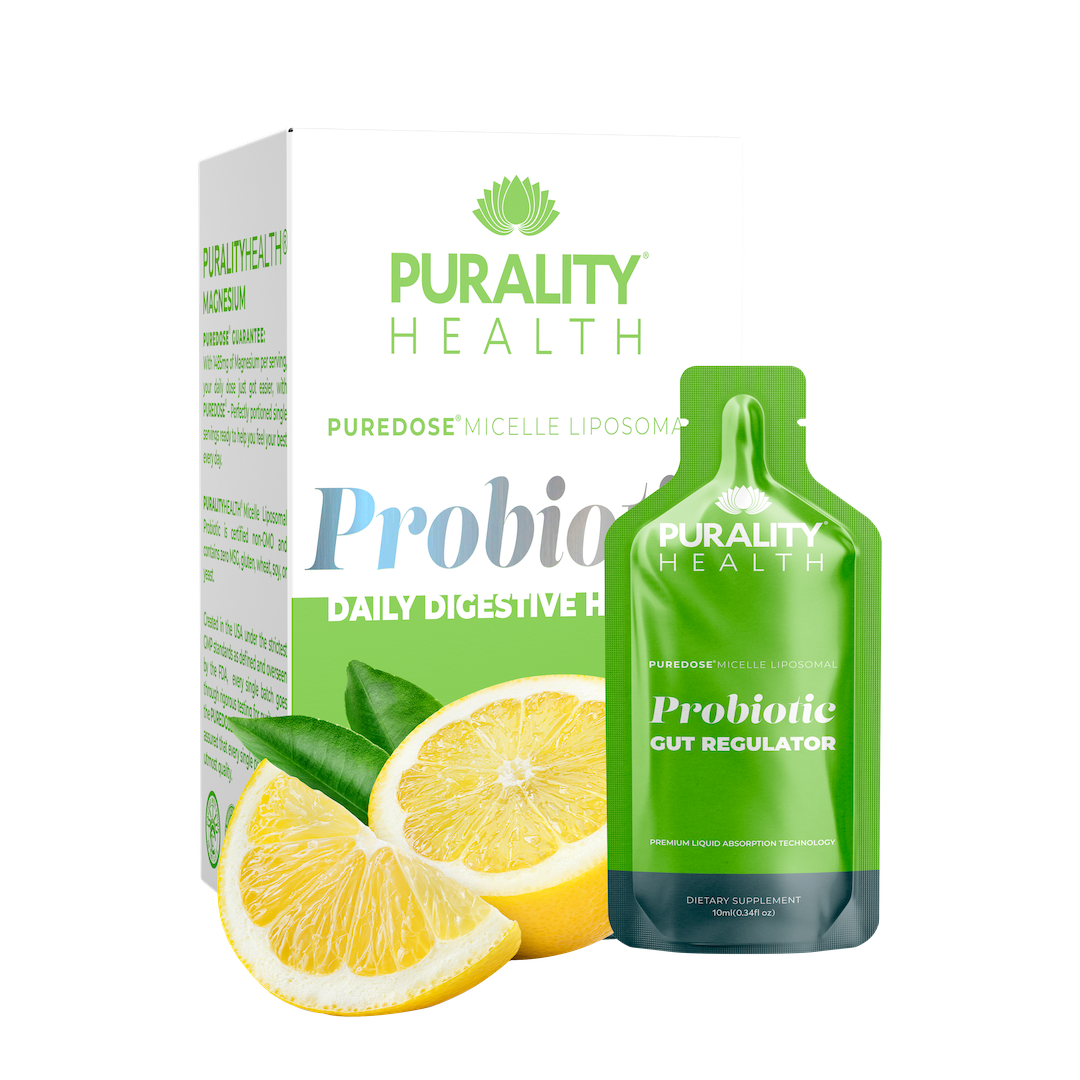 Your gut is a pool of microorganisms. Most are good, but bad microbes can and do live in your body. This is why it’s important to get enough of the good ones — to help keep the bad ones at bay.
Your gut is a pool of microorganisms. Most are good, but bad microbes can and do live in your body. This is why it’s important to get enough of the good ones — to help keep the bad ones at bay.
Good microorganisms are referred to as probiotics. They help keep your microbiota — and other parts of your body — healthy and functioning well.
But how so?
Here are eight ways probiotics help your body:
Digestion
Digestion is the process of breaking down food into absorbable molecules. For your body to absorb these molecules and their nutrition optimally, your gut needs a healthy lining. Probiotics help rid bad microorganisms from your gut, boosting your intestines’ ability to absorb nutrients. As a result, probiotics may even be able to help calm digestive and stomach issues. Digest that! [1]
 Skin health
Skin health
Many clinical trials have occurred in the last decade relating a healthy gut to healthy skin. Bad microorganisms in the body may trigger the immune system, causing an unnecessary response. This response may come in the form of what we call pimples. Studies show that probiotics — taken externally or internally — may help reduce these breakouts. [2]
Parasites
If your gut microbiome is low on good microorganisms, then it could be left vulnerable to an attack from parasites. Studies suggest that a healthy gut could help prevent a parasitic invasion and help restore the microbiome after an attack. For this reason, probiotics can be a wise choice for those planning a trip abroad. [3]
Food allergies
Food allergies can occur when the body has a weak immune tolerance to certain substances. Incidentally, the microbiome helps control immune tolerance. This link suggests that poor gut health may play a role in food allergies. As such, the use of probiotics is thought to help prevent or reduce the effect of food allergies. [4]
 Cholesterol
Cholesterol
Cholesterol are fat molecules that help your body build healthy cells. But high cholesterol has been known to lead to health issues. Probiotics can use cholesterol to strengthen their membranes, helping eliminate excess cholesterol in the body. This could potentially reduce the amount of cholesterol which makes it to the bloodstream. [5]
Weight loss
Several studies have shown that the use of probiotics might help with weight loss. In these trials, researchers found that body weight, fat mass, and body fat percentage all decreased with the use of probiotics. Researchers also speculate that probiotics can help maintain a healthy metabolism and possibly prevent weight gain. [6]
Damage caused by antibiotics
Antibiotics sound like the enemy of probiotics. While it’s easy to see them that way, they really aren’t. Antibiotics kill bad bacteria in the body. They’re a great tool to help treat certain health ailments. But the problem is that they can also kill some good bacteria in the process.
Many studies show the lasting harm antibiotics may have on the microbiome. While they may succeed in killing bad bacteria, other issues could soon arise due to the overall damage. Probiotics can help restore the good bacteria after the antibiotics’ mission is complete. [7]
 Brain health, mood, and cognition
Brain health, mood, and cognition
You’ve heard it before. You’ve likely even had it. A gut feeling. Somehow, your gut knows when something is amiss. That’s because — according to recent research — your brain and gut are connected via the nervous system. It makes sense, then, that the health of your gut could affect the health of your brain. And studies have shown just that. Users of probiotics reported a significant improvement in their mood and sleep quality. They also experienced a decrease in fatigue and mood swings. Additionally, new studies have shown an increase in cognition in users of probiotics. [8-9]
It seems as though a battle is occurring within your gut, and sending in the good guys – probiotics – could be well in your favor. So, why not give probiotics a try? You’ve got nothing to lose but bad bacteria!
Click Here To Learn More

References and Resources
- https://www.ncbi.nlm.nih.gov/pubmed/22529959
- https://www.ncbi.nlm.nih.gov/pmc/articles/PMC3038963/
- https://www.ncbi.nlm.nih.gov/pmc/articles/PMC5126799/
- https://www.ncbi.nlm.nih.gov/pmc/articles/PMC6384262/
- https://www.ncbi.nlm.nih.gov/pmc/articles/PMC6136537/
- https://www.ncbi.nlm.nih.gov/pmc/articles/PMC6500612/
- https://www.nature.com/articles/d42859-019-00019-x
- https://www.ncbi.nlm.nih.gov/pmc/articles/PMC6445894/
- https://www.ncbi.nlm.nih.gov/pmc/articles/PMC6430409/
